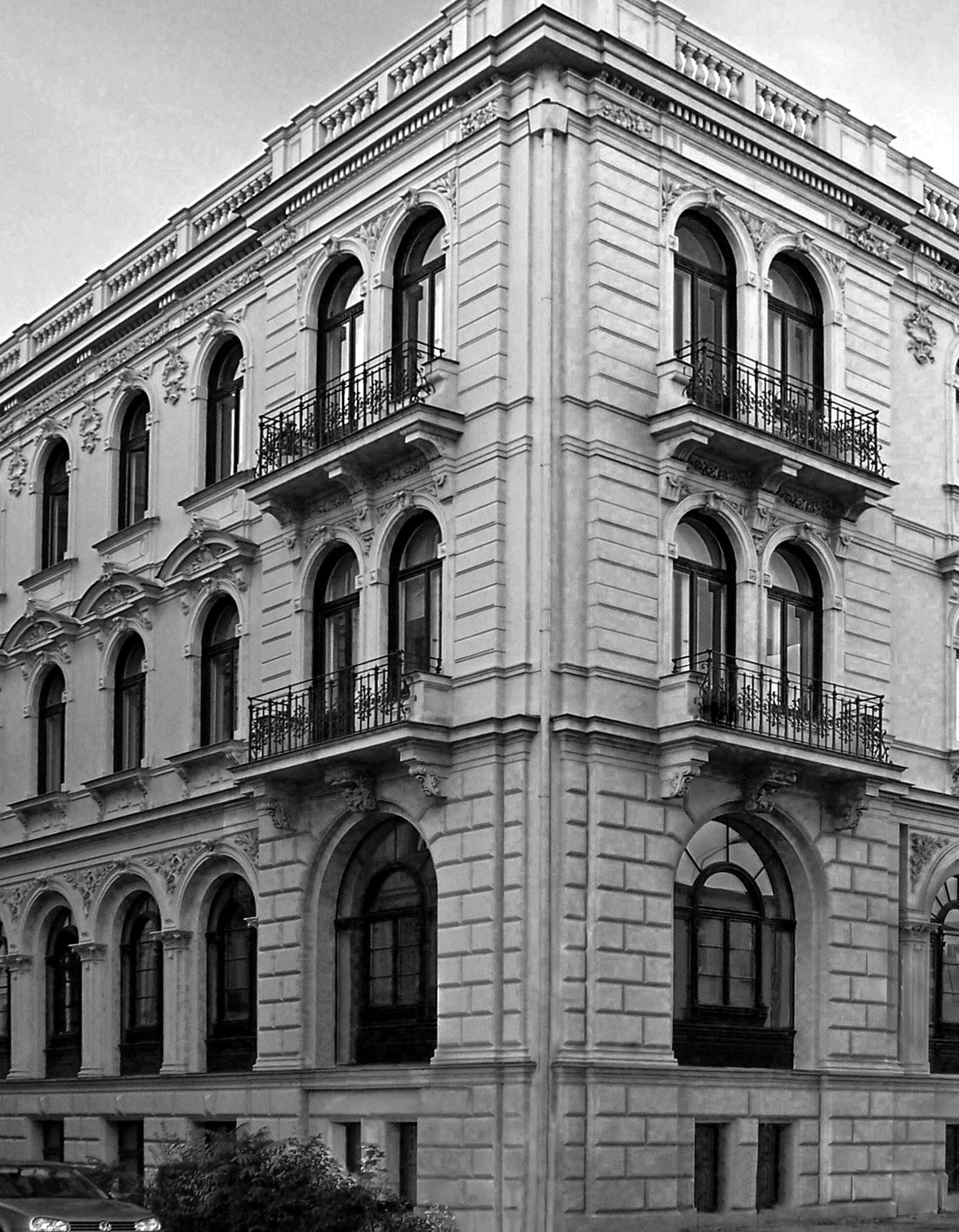BARDEN
Études 1–3 for Piano



L E I P ZI G · L ONDO N · NE W YOR K

Études1–3 for solo piano composed August–December 2016
Commissioned by the SWR. Dedicated to Nic Hodges. With special thanks to Lydia Jeschke.
Première: 2 Feb 2017, Nicolas Hodges, Éclat Festival Stuttgart ProgramNote
These études are studies in both a compositional and pianistic sense. Each focuses on a particular type of musical material or structure while posing technical challenges to the pianist designed to strengthen specific aspects of performance practice. The titles, which appear at the end in the manner of the Debussy Préludes, allude, at times obliquely, to the subject of each study.
—Mark Barden
Etüden1–3 für Klavier solo komponiert von August–Dezember 2016
Ein Auftragswerk des SWR. Nic Hodges gewidmet. Mit besonderem Dank an Lydia Jeschke.
Uraufführung: 02.02.2017, Nicolas Hodges, Éclat Festival Stuttgart
Programmnotiz
Diese Etüden sind Studien, sowohl im kompositorischen als auch pianistischen Sinne. Jede fokussiert sich auf eine besondere Art von Musikmaterial oder musikalischer Struktur während es den Pianisten mit technischen Herausforderungen konfrontiert, welche versuchen spezifische Aspekte der Aufführungspraxis zu stärken. Die Titel, die erst nach dem Doppelstrich erscheinen (wie bei den Préludes von Debussy), weisen, meist indirekt, auf den im Stück untersuchten Bereich hin.
—Mark Barden

N.B. Accidentals apply only to notes they directly precede & repetitions. (Some courtesy markings are given.)
Be sparing and judicious. Keep general texture transparent. Some pedallings are given explicitly.
Notes
Objectoftechnicalstudy:
Independence between hands in terms of speed within a bar (polyrhtyhms between hands), speed across bars (written-out accelerandi and ritardandi within one hand's part), articulation, and dynamics. Note that many tuplet groupings are mirrored inversions of each other (e.g. LH m.9 RH m.20).
Objectofcompositionalstudy:
Incremental velocity changes as formal core. Masking mirrored inversions and repetitions to ease technical burden on performer without compromising the work's integrity or development.

For more than 200 years, Edition Peters has been synonymous with excellence in classical music publishing. Established in 1800 with the keyboard works of J. S. Bach, by 1802 the company had acquired Beethoven’s First Symphony. In the years following, an active publishing policy enabled the company to expand its catalogue with new works by composers such as Brahms, Grieg and Liszt, followed in the 20th century by Richard Strauss, Arnold Schoenberg and John Cage.
Today, with its offices in Leipzig, London and New York publishing the work of living composers from around the world, Edition Peters maintains its role as a champion of new music. At the same time, the company’s historic and educational catalogues continue to be developed with awardwinning critical and pedagogical editions.
Seit über 200 Jahren steht die Edition Peters für höchste Qualität im Bereich klassischer Notenausgaben. Gegründet im Jahr 1800, begann der Verlag seine Tätigkeit mit der Herausgabe von Bachs Musik für Tasteninstrumente. Schon 1802 kamen die Rechte an Beethovens erster Sinfonie hinzu. In der Folgezeit wuchs der Katalog um neue Werke von Komponisten wie Brahms, Grieg und Liszt sowie – im 20. Jahrhundert – Richard Strauss, Arnold Schönberg und John Cage.
Als Verleger zahlreicher zeitgenössischer Komponisten aus aller Welt ist die Edition Peters mit ihren Standorten Leipzig, London und New York auch weiterhin Anwalt neuer Musik. Zugleich wird das Verlagsprogramm im klassischen wie im pädagogischen Bereich kontinuierlich durch vielfach preisgekrönte Ausgaben erweitert.